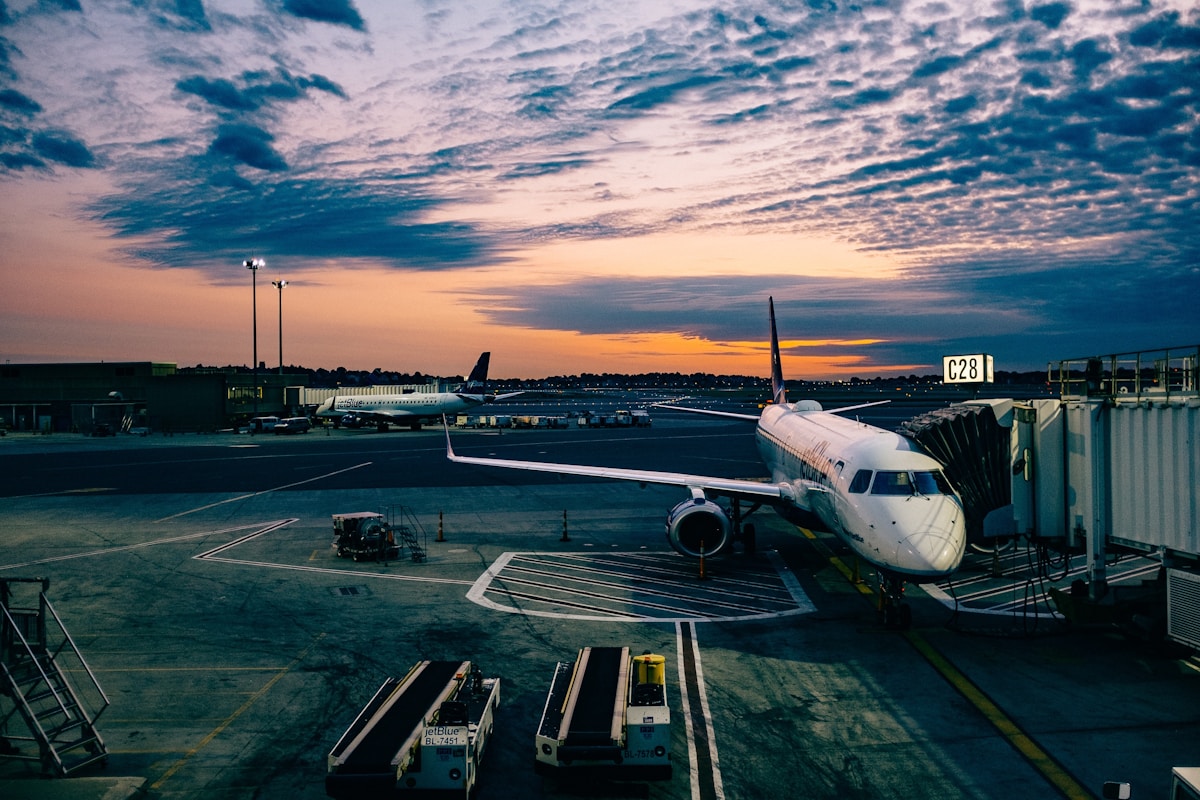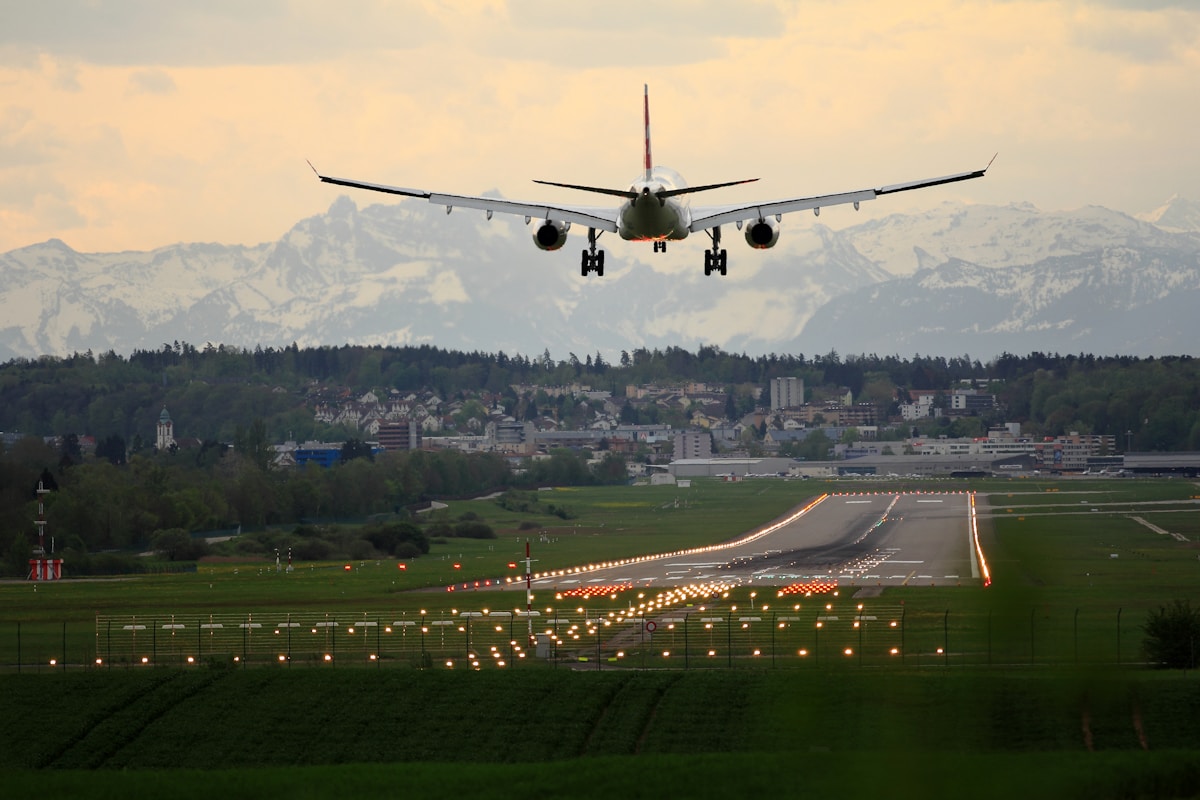Air Traffic Controllers' Union Chief: "These Are Real People with Real Lives
Air Traffic Controllers' Union Chief: "These Are Real People with Real Lives"

As the United States government shutdown stretches into its 36th day, becoming the longest in the nation's history, air traffic controllers across America are facing an unprecedented crisis. Nick Daniels, president of the National Air Traffic Controllers Association (NATCA), has emerged as a powerful voice for the thousands of aviation safety professionals working without pay. His stark message resonates: "These are real people with real lives."
The Human Cost of Working Without Pay
More than 20,000 air traffic controllers continue to report to work every day, ensuring the safety of millions of travelers, yet their paychecks read $0.00. The situation has forced essential aviation workers into impossible choices between their duty to public safety and their ability to support their families. CBS News

"Air traffic controllers are texting, 'I don't even have enough money to put gas in my car to come to work,'" Daniels told CNN in a recent interview. The financial strain is forcing controllers into second jobs, with some working night shifts in private security or food delivery services after completing their air traffic control duties. One controller reported sleeping only two hours most nights while juggling both responsibilities.
Safety Concerns Mount as Shutdown Continues
The Federal Aviation Administration has announced a dramatic 10% reduction in air traffic capacity at 40 of the nation's busiest airports, including major hubs in Atlanta, New York, Los Angeles, and Chicago. The decision came after Transportation Secretary Sean Duffy warned of "mass chaos" and potential airspace closures if the situation continues. NPR
Rising Absenteeism and Staffing Shortages
Halloween weekend marked one of the most difficult periods for air travel since the shutdown began. At least 39 air traffic control facilities reported potential staffing limits, forcing the FAA to delay flights across the United States. Controllers are increasingly calling in sick either to work second jobs or simply out of frustration with the ongoing crisis.

"Every day that this drags on, risk is going to increase. They have to be 100%, 100% of the time. But now, they're worried about putting gas in their car. They're worried about putting food on the table." - Nick Daniels, NATCA President
Impact on American Travelers
The flight reductions are being phased in gradually, starting at 4% on Friday and reaching the full 10% capacity cut by November 14. Airlines including Delta, United, and American have already canceled hundreds of flights, with more than 500 Friday departures cut by Thursday afternoon. The disruptions are expected to affect upward of 268,000 passengers daily. PBS NewsHour
Which Airports Are Affected?
The FAA's emergency order impacts 40 high-volume airports across the nation, including:
- Hartsfield-Jackson Atlanta International Airport
- Chicago O'Hare International Airport
- Los Angeles International Airport
- New York John F. Kennedy International Airport
- Ronald Reagan Washington National Airport
- Denver International Airport
- Miami International Airport
- San Francisco International Airport

Controllers Reaching a Breaking Point
Air traffic controllers interviewed by NPR described a system approaching its "tipping point." Morale was already low before the shutdown due to chronic understaffing, mandatory overtime, and stagnating wages. Now, working without pay has compounded these pressures exponentially.
One controller working at a major airport revealed they were the only certified controller on duty during a recent night shift in bad weather conditions. "It was a terrible situation to be stuck in," they said, adding, "It's clear that the government only pays lip service to the value of our profession. Otherwise why would they jeopardize hundreds of thousands of people's lives every day this way?"
FAQs About Air Traffic Controllers and the Government Shutdown
Are air traffic controllers required to work during the shutdown?
Yes, air traffic controllers are classified as "essential" federal employees and must continue working even without pay during a government shutdown. They will receive back pay once the government reopens.
Can air traffic controllers go on strike?
No, air traffic controllers are legally prohibited from striking or coordinating absences. Union leaders have emphasized this throughout the shutdown, though individual controllers may call in sick for legitimate reasons.
How many air traffic controllers are affected?
More than 20,000 air traffic controllers represented by NATCA are working without pay, along with additional aviation safety professionals across 15 FAA bargaining units.
What are airlines doing to help affected passengers?
Major airlines including United, Delta, and American are offering full refunds to passengers whose flights are canceled, even for nonrefundable tickets. However, airlines are not required to cover secondary costs like hotels.
Is air travel still safe during the shutdown?
Transportation Secretary Sean Duffy insists the air travel system remains safe, but the FAA is reducing capacity to maintain safety margins as controllers face increased stress and fatigue from working without pay.

Looking Ahead: Thanksgiving Travel Concerns
With the Thanksgiving holiday approaching—one of the busiest travel periods of the year—controllers and industry analysts are growing increasingly concerned. One Midwest controller predicted, "I think you're going to see probably the worst day of travel in the history of flight."
Controllers report that some of their colleagues are already resigning daily due to the prolonged nature of the shutdown, an unprecedented development that wasn't seen during the 2018-2019 shutdown. At least one controller has been evicted from their apartment due to inability to pay rent.
The Path Forward
Nick Daniels emphasized that the solution is straightforward: end the government shutdown immediately. "If you don't pay anybody, there's going to be issues ahead," he stated plainly. The NATCA president noted that it will take weeks for the air traffic control system to recover even after the shutdown ends, as controllers rebuild their financial stability and the system addresses the backlog of training and maintenance delayed by the crisis. BBC News
As negotiations continue in Congress, the message from America's air traffic controllers is clear: they are real people with real lives, real bills, and real responsibilities—both to their families and to the millions of Americans who depend on them for safe air travel every single day.
Share This Important Story
Help spread awareness about the challenges facing air traffic controllers during the government shutdown. Share this article with your friends, family, and social networks to ensure more Americans understand the human impact of this crisis.
.jpeg)